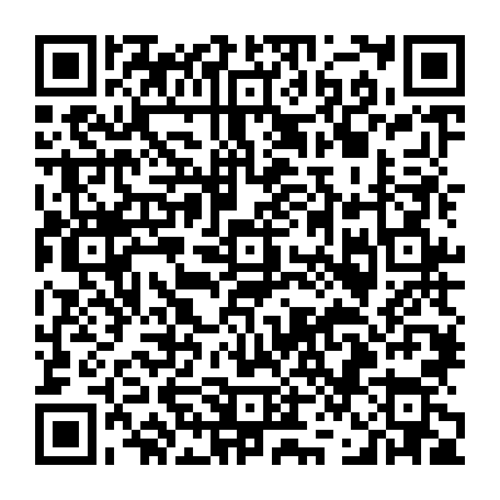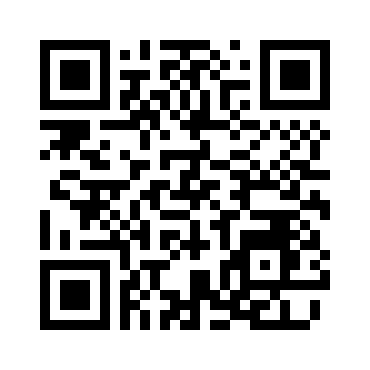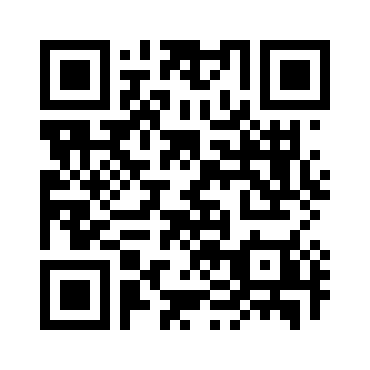Block Chain vs. Blockchain: Resolving the Confusion
In the world of digital innovation, few technologies have captured the collective imagination like block chain and blockchain. These terms are often used interchangeably, causing confusion among enthusiasts and newcomers alike. In this article, we aim to unravel the complexities surrounding block chain and blockchain, shedding light on their distinctions and providing clarity on their usage.
Block chain, often referred to as a basic data structure, is the foundation of the broader concept of blockchain. At its core, block chain is a linear, chronological sequence of data blocks, where each block contains information and a unique cryptographic hash that links it to the previous block. This creates a secure and transparent chain of information, ensuring the integrity and immutability of data.
On the other hand, blockchain encompasses more than just the blocks and their hashes. It refers to the entire system of interconnected blocks, the network of computers (known as nodes) that validate transactions and add new blocks to the chain, and the cryptographic protocols that safeguard the system. Blockchain is the culmination of block chain technology, extending its capabilities to various industries and applications.
Exploring the Transformative Potential of Block Chain in Various Industries
Block chain technology has the potential to revolutionize numerous industries, transcending its origins in cryptocurrencies like Bitcoin. Let’s delve into some key sectors where block chain is making significant strides:
- Finance and Banking: Block chain is reshaping the finance and banking landscape by enabling decentralized peer-to-peer transactions, streamlining remittances, and enhancing security. It holds the promise of eliminating intermediaries and reducing costs in financial transactions.
- Supply Chain and Logistics: By providing an immutable and transparent ledger, block chain ensures end-to-end traceability in supply chain management. It enhances transparency, reduces fraud, and optimizes logistics operations, resulting in more efficient and secure global trade.
- Healthcare: In the healthcare industry, block chain is addressing critical challenges such as secure data exchange, patient privacy, and interoperability. It facilitates secure sharing of medical records, enhances drug supply chain transparency, and streamlines clinical trials, leading to improved patient care and outcomes.
- Energy Management: Block chain is playing a pivotal role in driving the transition to a sustainable energy ecosystem. It enables peer-to-peer energy trading, tracks renewable energy certificates, and ensures transparency in carbon credit markets, fostering a greener and more efficient energy future.
Block Chain Misinformation: All You Need to Know
Misinformation surrounding block chain technology is rampant, contributing to confusion and skepticism. To separate fact from fiction, it’s crucial to address some common misconceptions:
- Block chain is only for tech-savvy individuals: While technical knowledge can be advantageous, user-friendly interfaces and platforms make block chain accessible to a wider audience. As adoption grows, user-friendly applications are being developed, making it easier for individuals with limited technical expertise to engage with block chain.
- Block chain is a fully decentralized technology: While decentralization is a key principle, not all block chain networks are equally decentralized. The level of decentralization varies depending on the network’s consensus mechanism and governance structure. It’s important to evaluate the decentralization characteristics of a specific block chain before assuming its level of decentralization.
- Block chain eliminates the need for trust: Block chain technology shifts trust from centralized intermediaries to the decentralized network and consensus mechanisms. Trust is still required for aspects such as data accuracy, smart contract integrity, and security of private keys. Trust is redefined and distributed within the block chain ecosystem.
What Block Chain Is and Top Terms to Know
To navigate the world of block chain, understanding key terminology is essential. Here are some top terms to know:
- Cryptocurrency: Digital or virtual currencies that use cryptography for secure financial transactions.
- Smart Contracts: Self-executing contracts that automatically execute predefined actions when specific conditions are met. Smart contracts enable transparent and secure transactions without the need for intermediaries.
- Consensus Mechanism: The method by which a block chain network reaches an agreement on the validity of transactions and the order in which they are added to the block chain. Common consensus mechanisms include Proof of Work (PoW) and Proof of Stake (PoS).
- Distributed Ledger: A decentralized and synchronized digital record of transactions that is shared across multiple computers or nodes in a network. Each participant in the network maintains a copy of the ledger, ensuring transparency and immutability of the recorded data.
- Mining: The process of validating and adding new transactions to the block chain through computational power. Miners solve complex mathematical problems to secure the network, verify transactions, and earn rewards in the form of newly created cryptocurrency.
- Immutable: Refers to the characteristic of block chain where once a transaction or data is added to a block, it cannot be altered or deleted. The immutability of the block chain ensures the integrity and tamper-proof nature of the recorded information.
For more detail, please check out these great blogs:
Block Chain vs. Blockchain: Resolving the Confusion
—
Exploring the Transformative Potential of Block Chain in Various Industries
—
Block Chain Misinformation: All You Need to Know
—
What Block Chain Is and Top Terms to Know
Conclusion
As the world continues to explore the potential of block chain technology, it’s important to demystify the confusion surrounding its terminology and dispel common myths. Understanding the distinctions between block chain and blockchain, the transformative potential in various industries, and the key terms associated with this technology allows for informed discussions and effective adoption. By harnessing the power of block chain, we can drive innovation, enhance security, and create new possibilities across diverse sectors, shaping a future that is built on trust, transparency, and decentralized collaboration.
Note: In this blog, we opted for the term “Block Chain” instead of “Blockchain” to cater to newcomers in the blockchain space, ensuring the content is more accessible for those readers.

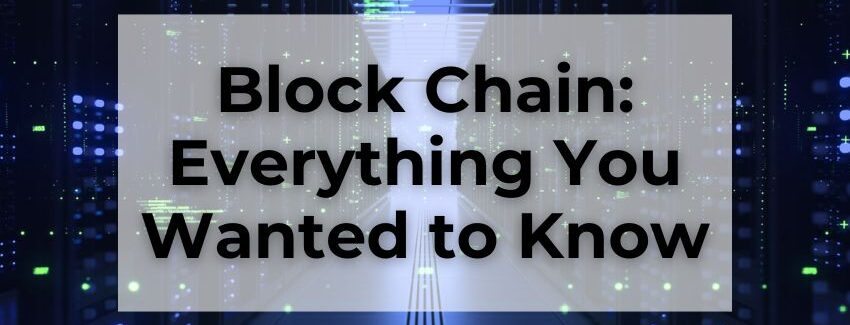

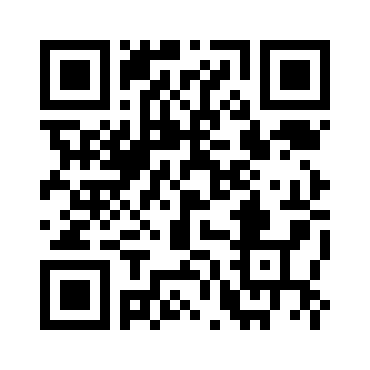



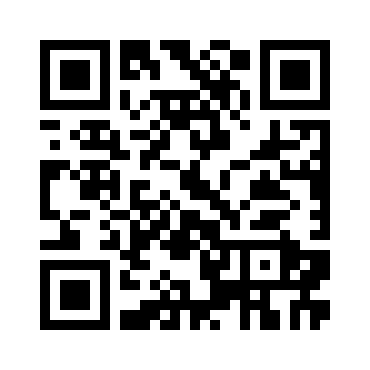

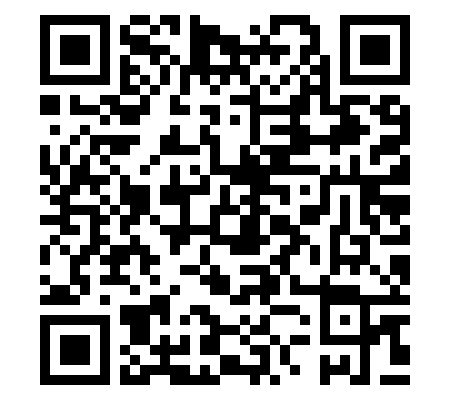 Thank you!
Thank you!
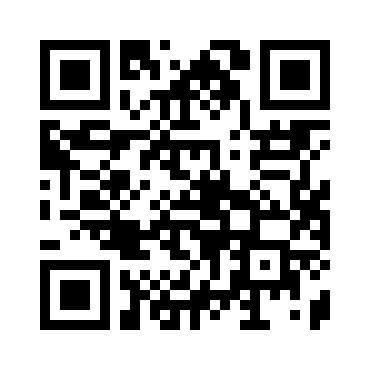 Thank you!
Thank you!
 Thank you!
Thank you!
